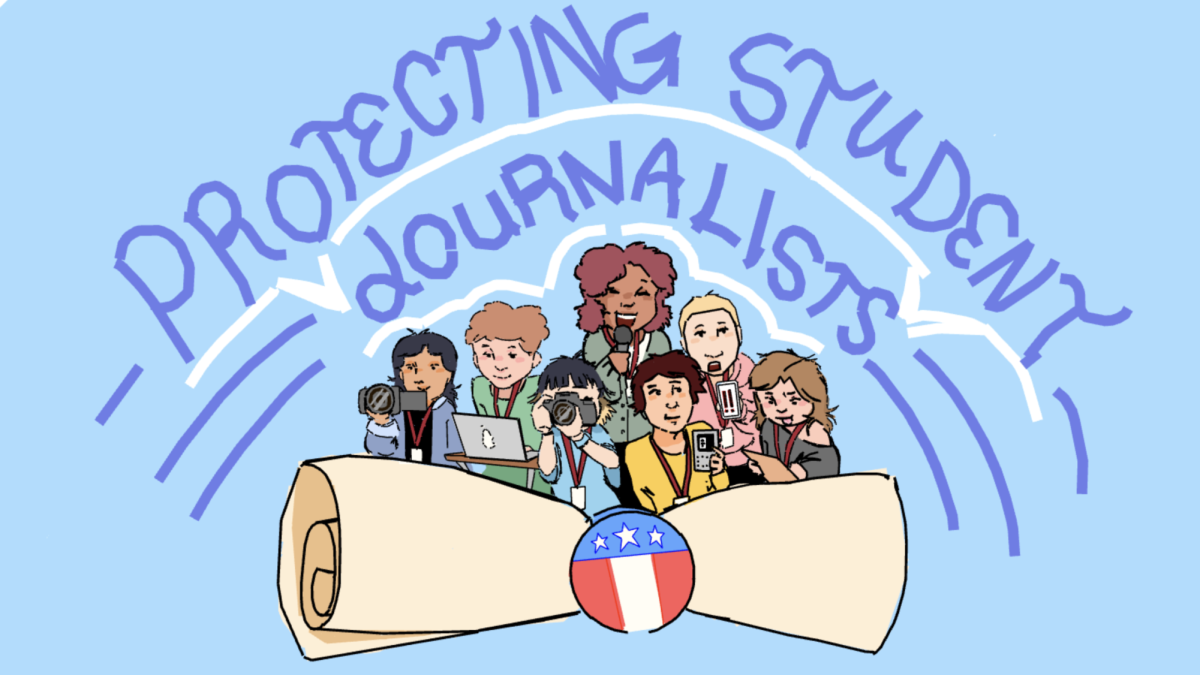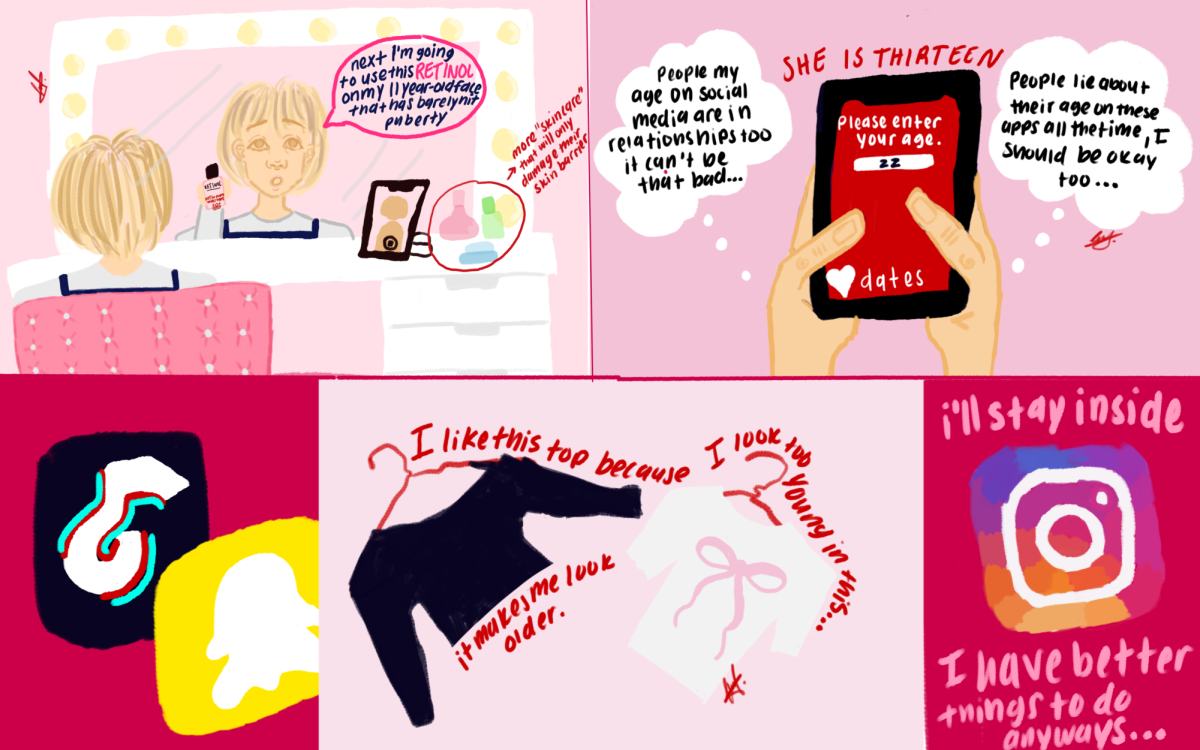As the selectivity and competitiveness of college acceptances sky rocket, students race to enhance their resumes. The need to make an application stand out as much as possible has become a constant requirement, with many college applicants signing up for as many activities as they can. These students are wrongfully padding their resumes by overcrowding their schedules with clubs–something that needs to stop.
It is stated in an article by the College Investor that acceptance rates at the top 50 colleges in the United States have fallen to around 13.3%, supporting the increased competitiveness that has come to define college acceptances.
When students join clubs just to pad their resumes they are negatively affecting the members actually involved in said clubs. The importance of contributing to one or two clubs that students show enthusiasm for can greatly improve the productivity of those clubs.
Marjory Stoneman Douglas High School’s 73 clubs give students many extracurriculars to pad their resumes with, ranging anywhere from LED dance to fighting climate change. Clubs provide a safe space for students to meet others a few times a month and discuss topics related to their interests. When students start joining clubs with no general interest in their topics, it ruins the experience for the people around them.
Club officers who join clubs for the sake of adding it to their resume tend to not put in effort and bring down the overall productivity of the club. It creates extra work for involved students who have to pick up the work they are not doing. Additionally, it adds unnecessary resentment and makes the club unpleasant for those who actually want to be there.
“As Marjory’s Garden club president, I notice a lot of people who join barely show up, adding a lot more work for me to organize everything,” senior Riley Walsh said. “They often don’t contribute to the club, which is why you should only run for an officer position or join a club if you’re truly interested.”
A student filling up their resume by signing up for a bunch of clubs they have no interest in is not nearly as beneficial as becoming a leader in one or two specific clubs that they have a true passion for. Showing initiative and consistency can show a well rounded student, not joining clubs for the sake of decorating their resumes.
An College Board article said “The best extracurricular activities will be pursuits that already match your interests and passions. Rather than joining many different groups or the most prestigious clubs, focus on the ones that spark your talents.”
The benefits of being in a few select clubs all four years of high school are clear when reviewing statistics for college. When incorporating clubs in a student’s planned major, colleges take into account students’ level of commitment to the clubs they have joined; further supporting both high school and college careers.
When students join a club they are not passionate about, it can be harder to want to put in the necessary work and move up in the club. If a student joins a club they have a genuine passion for instead, it can improve motivation and the experience while still benefiting their overall college application.
“I’ve decided to join the photography club because I’m really interested in it,” sophomore Sofia Teran-Sansome said. “Last year I tried out a few clubs because I was stressed about having a lot of extracurriculars but this year I just decided to join something I really like and commit to that.”
With demands of what colleges are looking for, students tend to join more academically inclined clubs to look better on their resume, prioritizing these activities over personal interests and passions in order to enhance competitiveness in the admission process.
“I feel a lot of pressure to join clubs that I’m not even interested in because it makes my college resume look better,” sophomore Laura Maurer said. “The clubs I gravitate towards are normally things I think would look better on my applications instead of what I’m actually interested in doing for my future.”
Balancing authentic interests with academic goals is crucial to one’s college application. Instead of joining as many activities as possible, it is more important for students to pick ones that resonate with their interests, whether that be sports, hobbies or academic topics. When students are interested in the activities they join they will actually feel compelled to participate in them consistently throughout their high school career. The overall benefits of finding something a student is genuinely passionate about will make the workload easier, and allow real learning experiences in something they may go on to study in college or generally continue doing.














